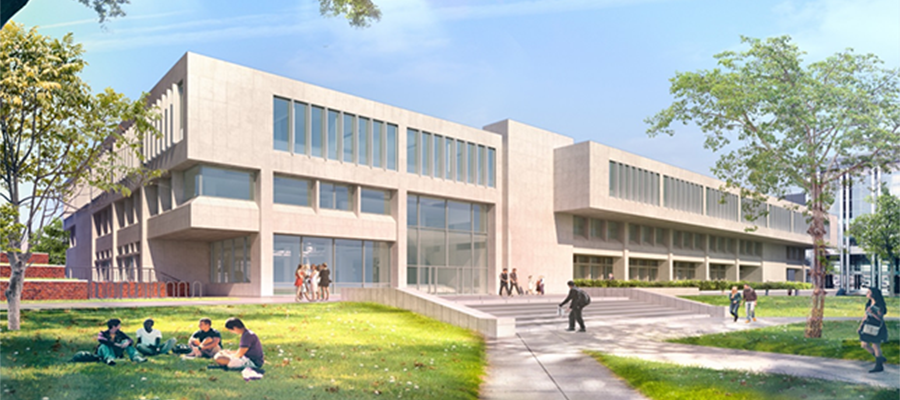Students in Computer Science with Applications 1 (CS 121) awoke to a class-wide email alleging widespread academic misconduct on Monday. The email, which did not name any specific students under suspicion, encouraged students to come forward if they believe their assignments might appear similar to others’.
At the end of every quarter, the instructors of CS 121 use an algorithm to check for similarities between assignments; the algorithm also compares assignments to those submitted in previous years in order to detect cheating. According to the email, the process “often uncovers two or three cases each year,” but identified many more this year, including “multiple cases of students who have shared code, copied code off each other or the internet, or collaborated in some other way that defies our Academic Honesty Policy.”
In the email, CS 121 instructors gave students until Wednesday, December 16 to notify them if they shared code with other students, used code written by another student, or collaborated with another student to the degree that their assignments would look similar. Students who came forward will “at most[] be penalized with zero points in any coursework involving copied or shared code.”
Those cases will still be referred to the Office of College Community Standards (OCCS), the email said, but the instructors “will not argue for any further penalties, and OCCS will consider resolving your case administratively, without requiring a meeting, as long as you have no prior disciplinary history.”
By contrast, students who are suspected of misconduct but choose not to come forward will be referred to OCCS with a recommendation that they receive an F in the course. According to the email, those students may have to “go through a full disciplinary process with OCCS and could be subject to much harsher penalties in the course.”
In written response to a request for comment by The Maroon, Assistant Dean of Students Stephen Scott and University spokesperson Andrea Lewis provided a joint statement. “Reports of cheating in an undergraduate computer science course are under review. All cases are being reviewed on an individual basis, with a focus on distinguishing academic dishonesty from potentially unintentional misconduct,” they said.
“Academic integrity is a fundamental value of the University of Chicago. This includes the highest adherence to academic standards and rigor and an uncompromising commitment to earned merit. The College takes the reports of academic dishonesty very seriously and will respond in accordance with University policies and regulations related to community standards,” Scott and Lewis added.
The instructors of CS 121 did not respond to a request for comment.









